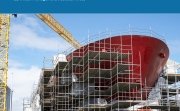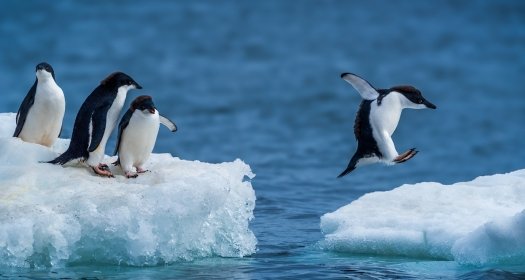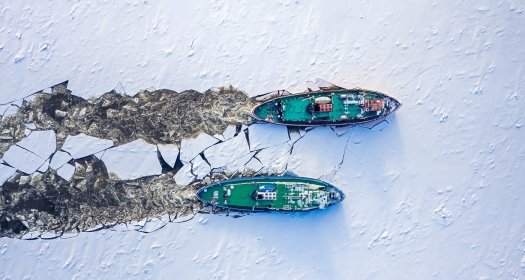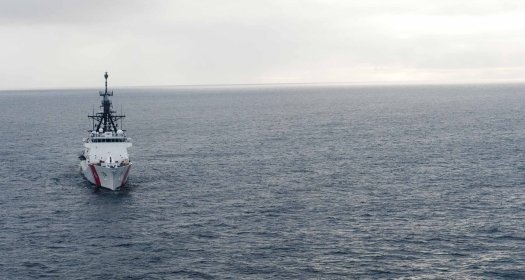
Polar Institute
Since its inception in 2017, the Polar Institute has become a premier forum for discussion and policy analysis of Arctic and Antarctic issues, and is known in Washington, DC and elsewhere as the Arctic Public Square. The Institute holistically studies the central policy issues facing these regions—with an emphasis on Arctic governance, climate change, economic development, scientific research, security, and Indigenous communities—and communicates trusted analysis to policymakers and other stakeholders.
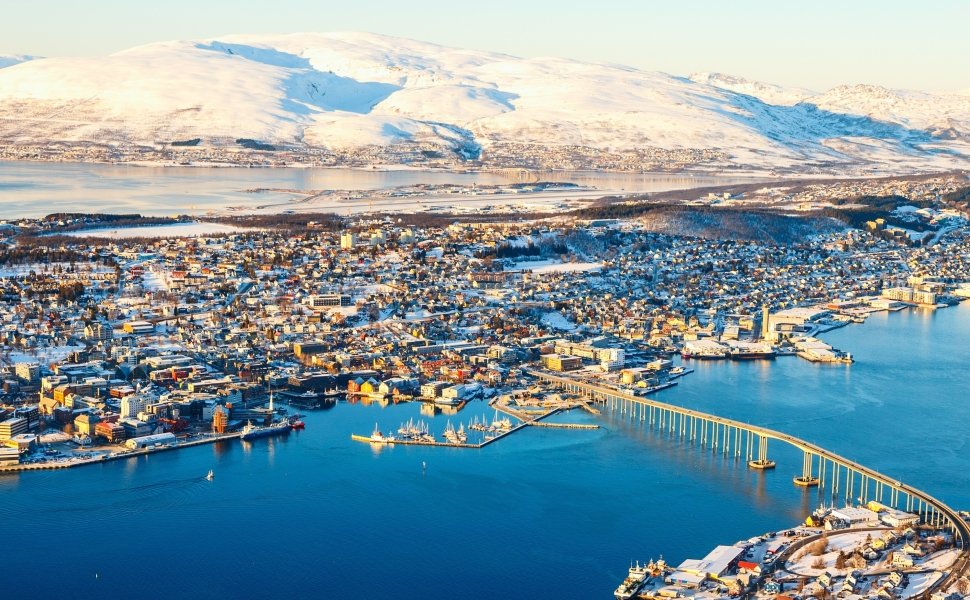
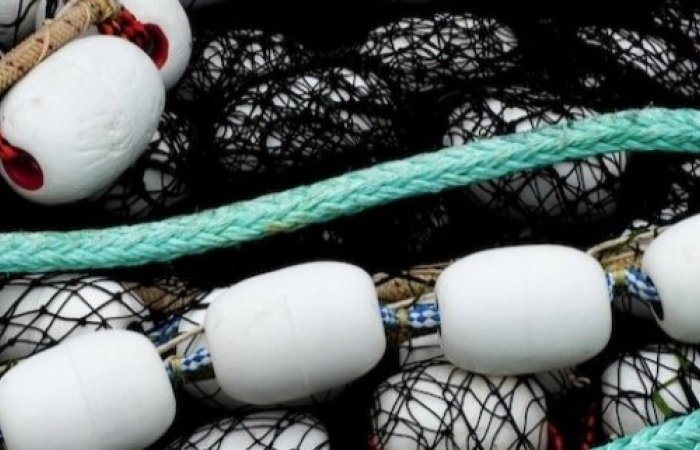
Empty Nets: Big Changes in a Great American Fishery
This project explores the future of Alaska’s fisheries through a series of videos and a collection of blog posts, featuring insights and experiences from scientists, managers, fishers, and community members. Together, these voices shed light on the challenges and opportunities facing Alaska’s fisheries and highlight pathways to sustainable solutions.
Recent Insights
Learn More

Fulbright Arctic Initiative IV Scholar at the Polar Institute

Trump 2.0’s Arctic Opportunity: Thawing Frozen Dialogue
The next few years are critically important to build support for US leadership in the Arctic and Antarctica ahead of the upcoming US Chairship of the Arctic Council (2031-2033) and the 5th International Polar Year (2032-2033). These milestones come at a time when the polar regions are under increasing geopolitical pressure. We must be ready to meet the moment and deliver on strategic priorities. The US Polar Leadership Project is a multiyear, multi-agency initiative spotlighting the necessity and benefits of American engagement in the poles.
Learn MoreThe recently announced Icebreaker Collaboration Effort (ICE Pact) by the US, Canada, and Finland, is a collaboration intended to strengthen shipbuilding and maritime industrial capacity through closer cooperation on polar icebreakers.
Learn MoreThe complex critical minerals problem facing the United States demands a comprehensive approach. Visit our Critical Minerals in the Arctic page to read our Critical Minerals Policy Briefs, which provide a roadmap for sustainable development—emphasizing collaboration, community engagement, and strategic government involvement. By implementing these policy recommendations, the United States may only reduce its dependence on foreign sources but also emerge as a global leader in responsible and sustainable critical mineral development. The journey towards a secure and resilient future begins now.
Learn MoreVisit the Polar Institute's comprehensive hub dedicated to the United States Extended Continental Shelf (ECS). Explore the background and impact of the US ECS Project through a variety of ECS-related publications and content, and dive into an informative journey through the depths of maritime boundaries and resources.
Learn More